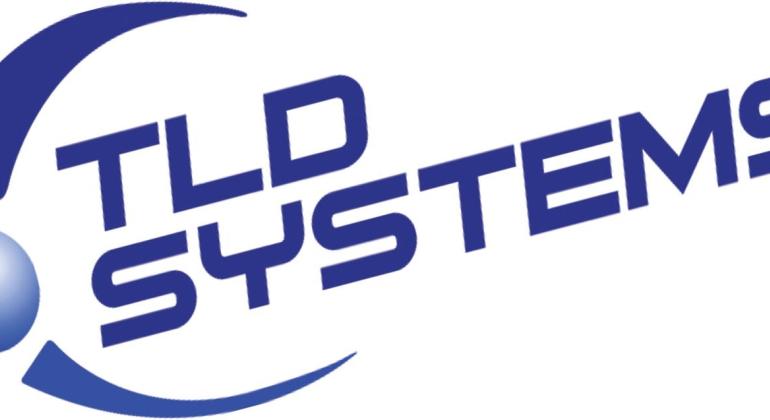Why It's Important to Keep Your Computer Operating System Up to Date
Keeping your computer’s operating system (OS) up to date is one of the most effective ways to protect your data, improve performance, and stay compatible with the latest software. While many users delay updates for convenience, ignoring them can open the door to security threats, software issues, and costly downtime.
If you're using Windows 10, now is the time to plan your upgrade. Microsoft has announced it will end support for Windows 10 on October 14, 2025. After this date, there will be no more security updates or bug fixes. Continuing to use Windows 10 beyond this point will leave your system vulnerable to cyberattack.
Cybercriminals actively exploit known vulnerabilities in outdated systems. OS updates include vital patches that close these security holes. Without them, your computer can easily fall victim to viruses, ransomware, or data theft.
One of the most damaging examples of failing to update systems occurred in May 2017 with the WannaCry ransomware attack. This global cyberattack infected over 300,000 computers in more than 150 countries, but one of the hardest-hit sectors was healthcare.
How it happened:
- WannaCry exploited a known flaw in Microsoft Windows called EternalBlue, a vulnerability that had already been patched in March 2017.
- Many organizations, including hospitals, had not applied the update.
- When WannaCry struck, it encrypted hospital computers and demanded ransom payments in Bitcoin to unlock the data.
Impact on Medical Systems:
- Doctors and nurses were locked out of patient records, lab systems, and imaging systems.
- Thousands of appointments, surgeries, and treatments were canceled.
- Some emergency patients had to be diverted to other hospitals, delaying critical care.
- Ambulances were rerouted, and entire networks had to be temporarily taken offline.
The attack didn’t just disrupt care, it also revealed how dangerously vulnerable outdated software can be in environments where lives depend on access to information.
When an operating system reaches end of support, like Windows 10 will in October 2025, no more updates are released. That means no patches, no fixes, and no protection. Continuing to use that system is like leaving your front door unlocked with a sign saying “Come in.”
What You Should Do Now
- Check your system version: Settings → System → About.
- Enable automatic updates: Stay secure without thinking about it.
- Make a plan to upgrade from Windows 10 before October 2025.
- Back up your data regularly in case of update issues or hardware changes.
The consequences of outdated systems are not hypothetical, they’re real, costly, and in some cases, dangerous. As shown in the WannaCry attack, failing to update software can bring down hospitals, delay emergency care, and cost organizations millions. Keeping your operating system current is essential to ensuring security, compliance, and uninterrupted service.



Read Comments